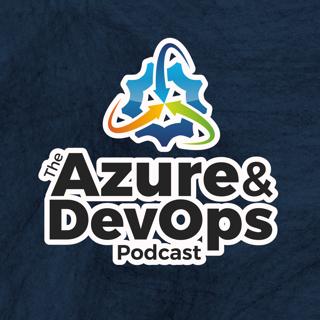
AD 2025 - The Year of AI-Driven Development – Looking Ahead to 2026 - Episode 383
Today I'm going to reflect back on 2025, highlight some things and project forward into 2026. I think there are some very important developments and changes that we all shipping custom software need t...
5 Jan 12min

Scott Hanselman: The Future of Software Engineering - Episode 382
Scott Hanselman is a teacher at heart. He speaks all over to whoever will listen. He's have written code that you, dear listener, has used. Scott has been blogging, coding, and podcasting a LONG time....
29 Des 202538min

Glenn Condron: Aspire Strategy for .NET - Episode 381
Glenn is a Principal Product Manager for the App Platform team within the Developer Division at Microsoft, focusing on .NET. Before joining Microsoft Glenn was a developer in Australia where he worked...
22 Des 202552min

Jared Parsons: The Latest with C# - Episode 380
Jared Parsons is a Developer Manager for the .NET Tools team at Microsoft. He's also done extensive work on the C# Compiler Team. Everybody tuning in probably uses his code on a day-to-day basis! Jare...
15 Des 202542min

Chris Wilke: Generated AI Stories - Episode 379
Chris has 25 years experience as a seasoned SaaS and AI product leader known for practical, people-first strategies to harness value from Generative AI for operational excellence. Chris developed the ...
8 Des 202538min

Alvin Ashcraft: Community Conferences - Episode 378
Alvin is a senior content developer at Microsoft, author, and longtime leader in the .NET developer community. With over 27 years of experience in software development, Alvin has been recognized as a ...
1 Des 202528min

Dan Clarke: Personal Productivity - Episode 377
Dan Clarke is a seasoned software consultant, Microsoft MVP, and founder of Everstack Ltd. Dan is widely known for his contributions to the .NET ecosystem and hosts the Unhandled Exception Podcast. W...
24 Nov 202541min





















